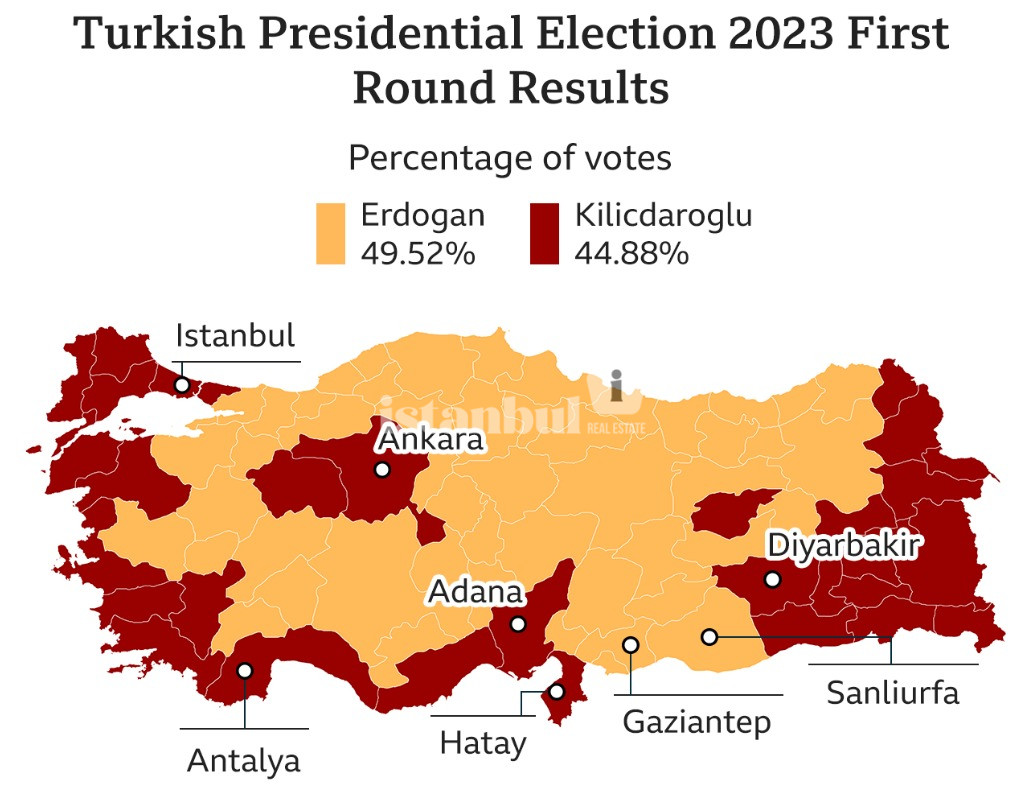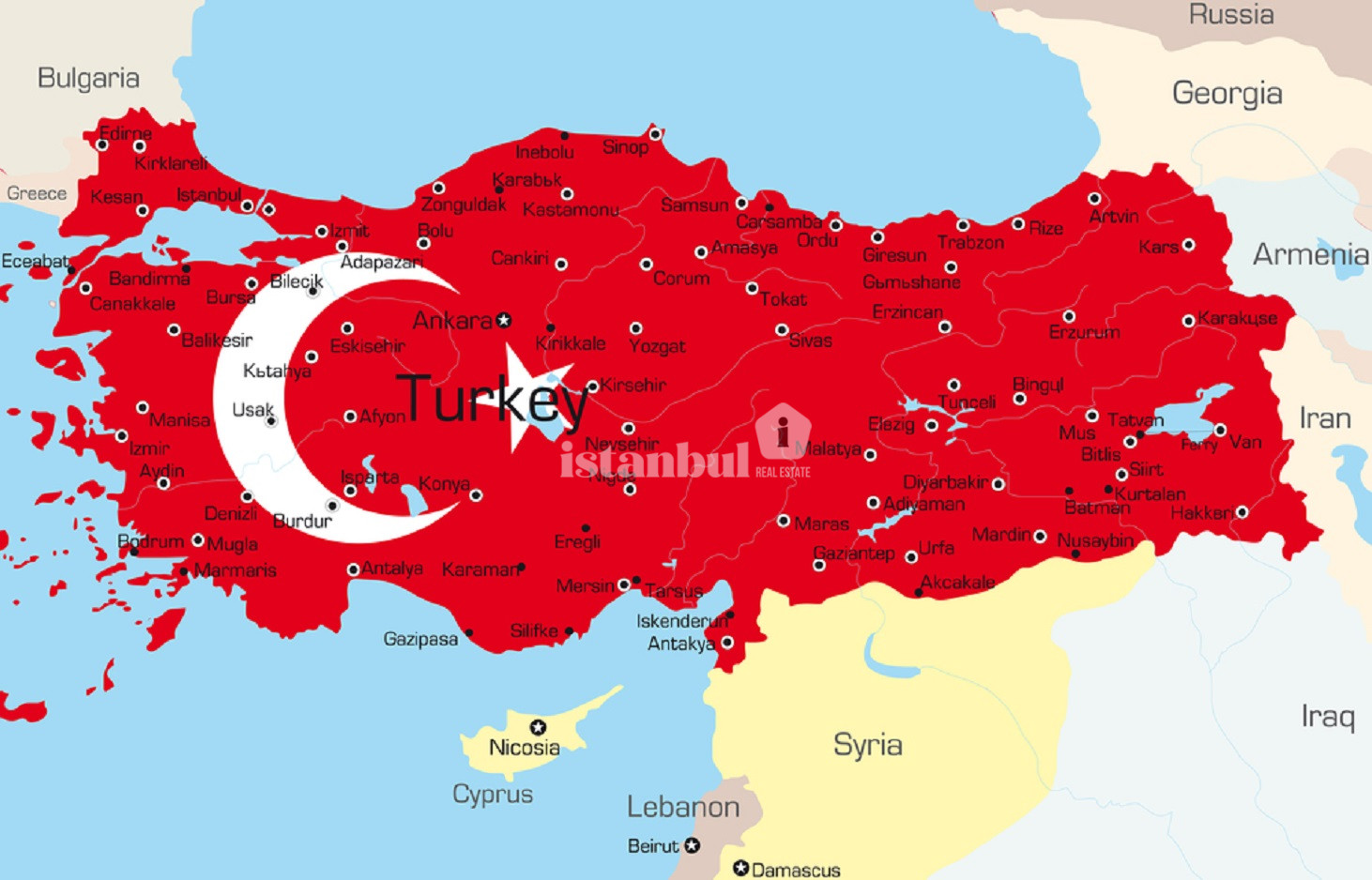
- 27 May 2023
Critical Election Runoff: Turkish Voters Head to the Polls on May 28
Critical Election Runoff: Turkish Voters Head to the Polls on May 28
High Stakes for Turkey’s Future in 2023 Presidential Runoff
 Turkey is holding a critical presidential election runoff vote on May 28, 2023, in which Turkish citizens will decide the future of their country. Moreover, President Recep Tayyip Erdogan failed to secure an outright majority in the first round. Nevertheless, he continues to gather momentum as he heads into the runoff against his formidable challenger, Kemal Kilicdaroglu. Also, The outcome of the vote will shape Turkey’s political system, economic policies, and international relations for years to come. Under Erdogan’s rule, Turkey has become more centralized and authoritarian with a powerful executive presidency. The opposition promises to return to a parliamentary system with checks and balances if elected.
Turkey is holding a critical presidential election runoff vote on May 28, 2023, in which Turkish citizens will decide the future of their country. Moreover, President Recep Tayyip Erdogan failed to secure an outright majority in the first round. Nevertheless, he continues to gather momentum as he heads into the runoff against his formidable challenger, Kemal Kilicdaroglu. Also, The outcome of the vote will shape Turkey’s political system, economic policies, and international relations for years to come. Under Erdogan’s rule, Turkey has become more centralized and authoritarian with a powerful executive presidency. The opposition promises to return to a parliamentary system with checks and balances if elected.
The Key Issues: A Struggling Economy And Troubled Foreign Policy
 The election will also determine the course of Turkey’s struggling economy and troubled foreign policy. Erdogan’s unconventional economic policies have contributed to high inflation and a weak Turkish lira. Internationally, Erdogan has pursued an independent foreign policy that has strained ties with NATO allies and the European Union at times.
The election will also determine the course of Turkey’s struggling economy and troubled foreign policy. Erdogan’s unconventional economic policies have contributed to high inflation and a weak Turkish lira. Internationally, Erdogan has pursued an independent foreign policy that has strained ties with NATO allies and the European Union at times.
The key issues that opposition candidates campaigned on include:
Restoring democracy and rule of law:
- Opponents argue Erdogan has accumulated too much power and undermined Turkey’s democratic institutions and rule of law.
- The opposition will campaign on promises to reverse this authoritarian trend and restore balance among the executive, legislative, and judicial branches of government.
Improving the economy:
- Turkey’s economy has struggled recently with high inflation, unemployment, and currency devaluation.
- The opposition will blame Erdogan’s policies and promise economic reforms to curb inflation, attract investment, and support growth.
Improving EU relations:
- Erdogan has strained ties with the West and the EU.
- The opposition is more pro-EU and will campaign on reinvigorating Turkey’s EU bid, including strengthening democratic reforms to fulfill EU requirements.
Foreign policy rebalancing:
- While Erdogan has aligned more with Russia and China, the opposition aims for better ties with the West.
- They will argue for improved relations with the US in particular, and a more balanced foreign policy overall.
The future trajectory of Turkish democracy and its geopolitical role

The outcome of the May 28 election will determine whether Turkey continues down the path of centralized executive power under Erdogan or returns to a more pluralistic parliamentary system preferred by the opposition. By offering change on key issues like democracy, the economy, social polarization, EU relations and foreign policy, the opposition hopes to persuade voters that it’s time for a new direction for Turkey.
- The outcome will determine Turkey’s balance of power between the presidency, parliament and other state institutions for years. A win by Erdogan means persisting with the current executive presidency system while an opposition victory could return to a system of parliamentary democracy with power shared among branches of government.
Turkey’s international ties:
- The elections will shape Turkey’s future foreign policy orientation and relations with the West, NATO and Russia. Also, the results will impact Turkey’s role as a geopolitical player between the East and West.
Turkey’s security policy:
- Erdogan has taken a more assertive and interventionist stance on regional issues under his leadership. The elections could shift Turkey’s security priorities and approach to foreign engagements and conflicts in the region. Moreover, the outcome will influence Turkey’s role in NATO and cooperation with Western allies on security issues.
Conclusion
The 2023 elections represent a critical inflection point and potential turning point for Turkey. The outcome will greatly impact Turkey’s path forward in terms of its political system, economy, foreign policy and security role for years to come. Lastly, the world is watching closely, eager to see if Turkey’s election results portend a continuation of the status quo under Erdogan or a transition to a new path with a different governing philosophy and foreign policy orientation.
